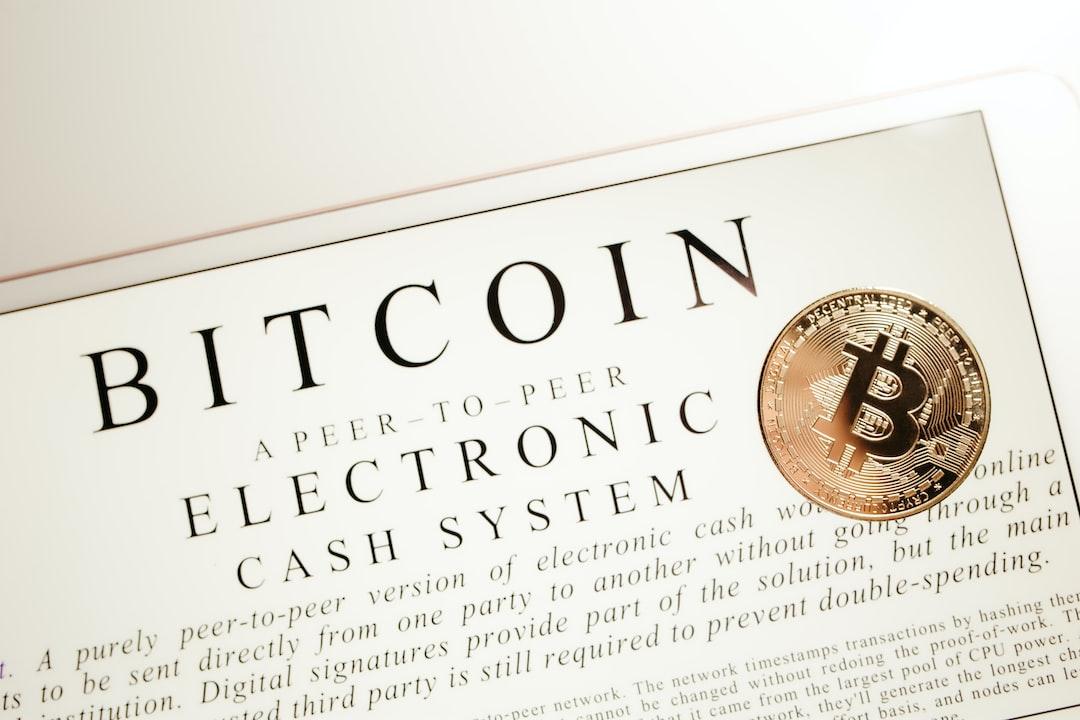Venture capitalists in Nigeria are undeterred by the proposed increase in crypto registration fees and remain optimistic about the country’s potential. However, they face challenges due to government restrictions on peer-to-peer platforms, which aim to regulate the free market. Ray Youssef, the CEO of NoOnes, a financial communication and P2P app, highlighted that the government’s goal is to control P2P services to address foreign exchange issues, allowing exchanges that do not offer P2P support to operate smoothly. Nonetheless, this conflicts with Nigeria’s strong preference for P2P trading, creating a significant hurdle for exchanges. Despite these regulatory challenges, Youssef believes that Nigeria can maintain its position in the crypto ecosystem. He suggests that the government could view the abundance of P2P traders as an asset and work with crypto stakeholders to leverage cryptocurrencies for the benefit of the economy. Nigeria currently holds the title of the largest P2P crypto market globally, which emerged following the Central Bank of Nigeria’s ban on crypto transactions in 2021. However, the ban was lifted in December 2023, allowing crypto exchanges to seek licenses in Nigeria. Youssef also commented on Gluwa’s partnership with the Nigerian government to promote the adoption of the eNaira, the nation’s central bank digital currency. He believes that the government could have utilized the introduction of the CBDC to stimulate local economic growth, provide credit to entrepreneurs, and encourage the younger generation to embrace it. The Nigerian government has had a contentious relationship with cryptocurrency exchanges, with Binance ceasing operations using the naira in response to government criticism. Despite this, Nigeria remains one of the most crypto-obsessed countries globally, as evidenced by the high number of Google searches for “cryptocurrency” or “buy crypto.”

